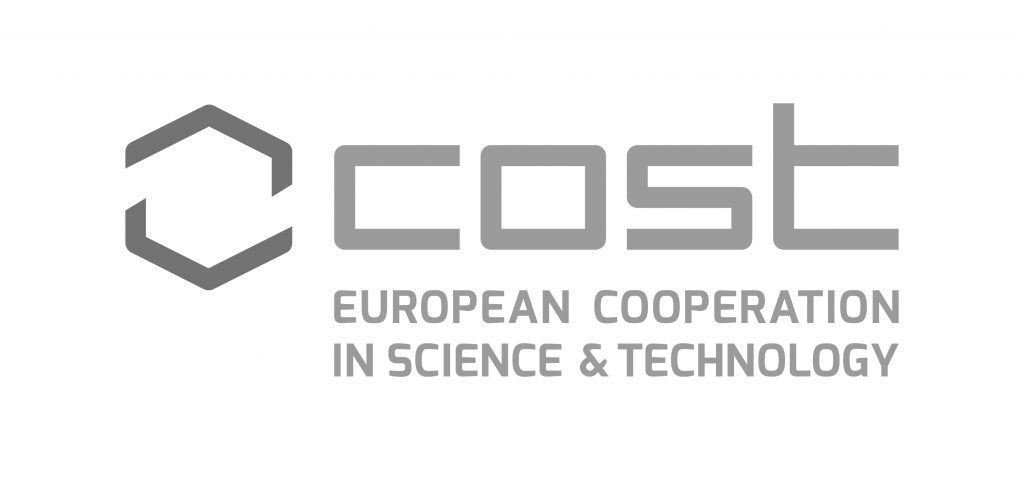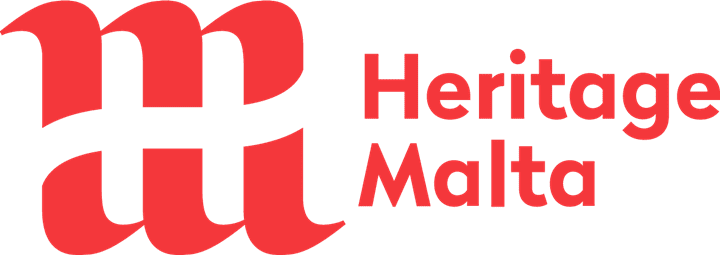Virtual Networking Tools aim at promoting virtual collaboration as a complement to traditional ways of collaboration within the research and innovation communities. In particular, these tools intend to stimulate virtual collaboration among the U4V Action members, by developing a strategy on virtual networking for the entire Action, and select the most appropriate virtual tools for each specific virtual activity (webinar, virtual conference, online library containing learning material for use by the Action members) considering the needs of the Action and the activities (need for sub-groups, forums, etc.).
Ekaterina Balandina (FI) – Investigation on how to integrate multimedia content into the U4V platform
Oleksandra Khalepa (UA) – The latest artistic practices in the post-industrial spaces in Europe
Sabrina Schifrer (AT) – WoW-Radio-Broadcast
Sergey Balandin (FI) – Enhancing the U4V platform functional by enabling embedded videos
Yilmaz Vurucu (AT) – Virtual Training (MooC) for Underground Built Heritage
In the 1st Grant Period of virtual activities we have decided to narrow down the scope of the virtual activities. We concentrated this year’s efforts on four VM grants. The curated proposals are selected the basis how the proposals support objectives’ achievement and outcomes’ production for this grant period. All contents created will be available on our website and social media channels, at least for the duration of the COST Action. Additionally, all members of the COST Action CA18110, activities’ participants can use these outcomes and display on their websites (with clear reference to creators and to the COST Action). The Virtual Networking responded to the needs of the action members and built on the already identified ideas for exchange and strengthening the network. It has created in the first experimenting months a framework for knowledge exchange and has a set of topics and formats, which need further activities in the upcoming phases. During the experimental phase, the members showed interest on new funding calls for their heritage project. In an online meeting for all members, we facilitated digital networking and team building.
Additionally, as a part of the Virtual Networking Strategy we opened calls to grant 4 applicants grants for Virtual Mobility activities. Due to novelty of the grant, short notice of the call, and summer holidays, the call for application had 5 applications in total and 4 applications were evaluated as high priority and selected for this grant period.
Progress towards the Action objectives and deliverables: Selected VM are in line with the priorities of the action and facilitate the work of the action. The e-learning platform and the initial content d atabase (videos, lectures) allows the members to have access to knowledge at all times and supports their local work.
The connection of the WG1 and Cycle Advisor platform is a very useful digital tool, to make the heritage cases of the U4V (sustainably) accessible and increases their visibility.
COST Excellence and inclusiveness Policy: The created virtual activities allowed and allow equal participation from all countries and over bridge the travel restrictions.
COST Global Networking: The e-learning platform is available for all visitors of the website of U4V and support the global networking, exchanging, and learning. Equally does the connection of the U4V and Cycle Advisor platform.
Action Chair: Giuseppe Pace
Action Vice Chair: Susana Martinez-Rodriguez
Science Communication Manager: Tony Cassar
Grant Holder Manager: Patricia Sclafani
Webmaster: Olga Lo Presti


Webdesign by Digitisation Department at
